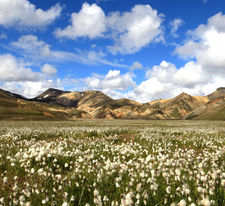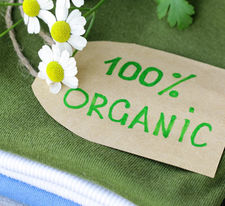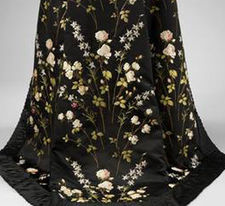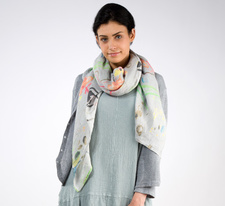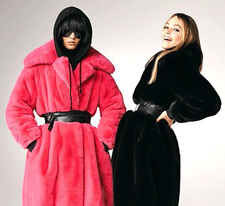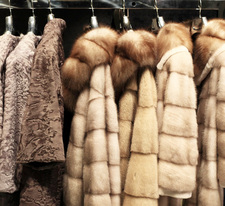In harmony with nature
Certification of cosmetics is carried out by special organizations. ECOSERT was the first to develop certificates of natural and organic cosmetics, which are issued to brands depending on the composition and quality of components.
The most modern is the international standard of natural and organic cosmetics COSMOS-standard, developed by an association formed by leading European certifying organizations: BDIH (Germany), ECOSERT and COSMEBIO (France), ICEA (Italy) and Soil Association (UK). This system focuses on the principles of green chemistry and natural ingredients with the inadmissibility of the use of nano-particles, GMOs, radiation, as well as experiments on animals. As an exception, it is allowed to use synthetic components in the absence of an alternative, as preservatives and nano-particles in UV filters.
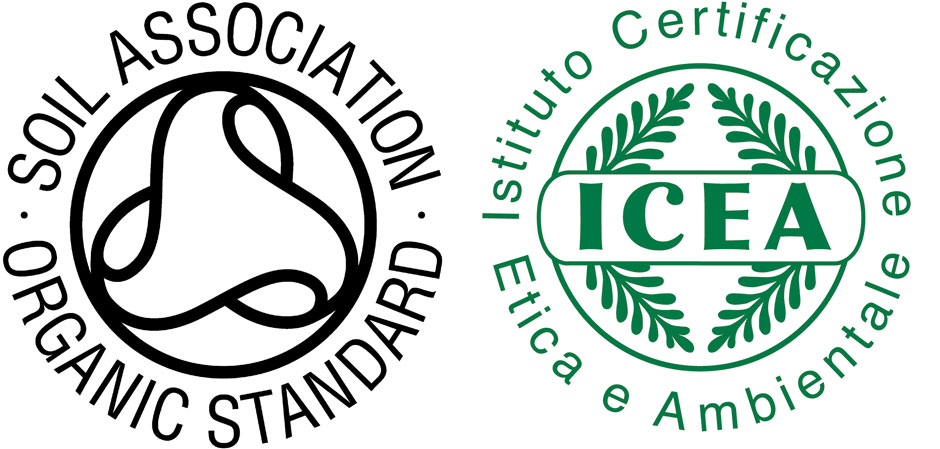
In accordance with one of the standards – COSMOS-ORGANIC cosmetics must contain 95% of natural ingredients when using less than 5% of synthetic substances from among the permissible ones. Organic farming products should be 95% of plant components, 20% of the total mass of the final product for indelible products and 10% for flushable ones.
It should be noted that in order to exclude dangerous components that can cause harm and cause allergies, products presented on the Russian market must comply with the requirements of the Technical Regulations of the Customs Union on the Safety of Perfumery and Cosmetic Products.
ECO-FRIENDLY PRODUCTS ON THE MARKET
Brands that claim to be environmentally friendly for their products have features and differences in positioning. As a rule, they focus on the quality of raw materials, composition, traditions and history, philosophy and value the opinion of consumers.
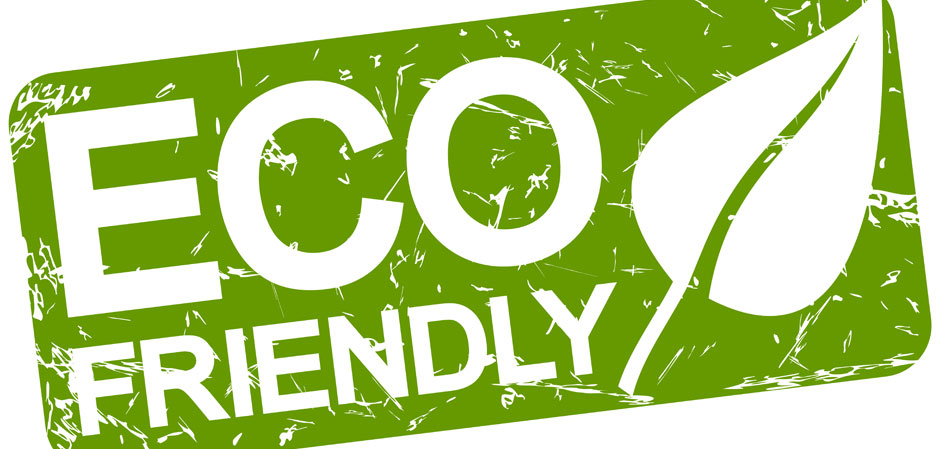
The market offers both certified natural and organic cosmetics, as well as products that meet the requirements of certificates, but do not have them, which is often found among Russian brands. The so-called greenwashing received a negative assessment, due to the fact that in order to create an image and position the product as eco-friendly, the conservative traditional formula is enriched with some plant components. It should be noted that some companies work with both green and traditional ingredients.

One of the modern players in the Russian market is a young St. Petersburg brand Onme, which uses technology and a scientific approach to create cosmetics containing at least 99.5% of natural ingredients. The formulas contain extracts, oils and vitamins, as well as one or two safe synthetic substances necessary to preserve the freshness of the products. Only certified raw materials are used for cosmetics, and products and their components are not tested on animals. The company pursues a policy of transparency and openness and is ready to explain the purpose of each component introduced into the formulation.
Company Levrana A Russian manufacturer of natural personal hygiene products and cosmetics that do not contain petrochemical products, surfactants, animal products, are not tested on animals and have a fully biodegradable formula.
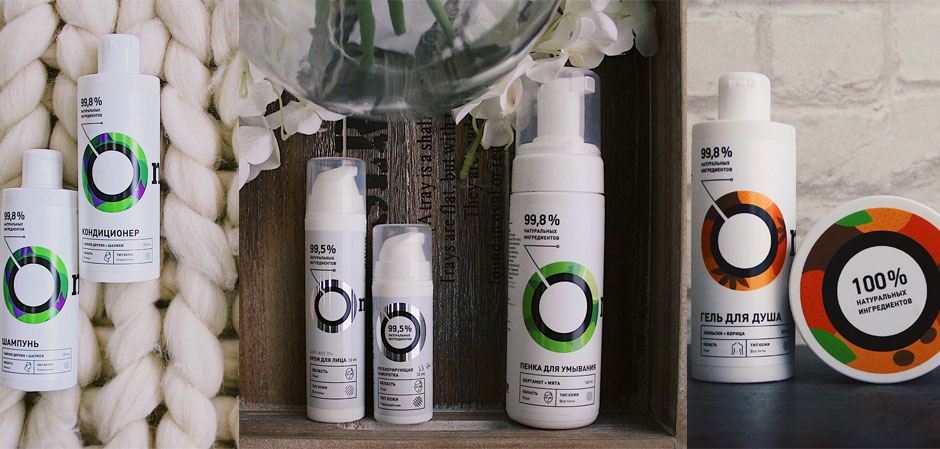
Natural cosmetics from Germany Speick Naturkosmetic, presented on the Russian market by «Arnebia», uses an extract of the Celtic valerian root (spike) as a key ingredient. This extract, along with coconut oil, became part of the natural soap – the first product of the brand, created in 1928 by the famous German naturalist, businessman and anthroposophist By Walter Rau. Today, the company Speick is developing an ecological project to preserve the plantations of this unique plant, capable of balancing the body and psyche.
I+M a brand of natural cosmetics from Germany, intended for residents of a large city, in the production of which certified organic raw materials from 15 countries are used. The company's philosophy is based on environmental friendliness, honesty towards suppliers and consumers, social responsibility, respect for the environment.
Decorative cosmetics can also be positioned as natural, for example DADO SENS from Germany allows you to create the perfect makeup for sensitive and problematic facial skin. These two brands are also included in the portfolio of «Arnebia».
TRANSPARENCY POLICY
Brands that produce eco-friendly cosmetics and show social responsibility are interested in transparent relationships with customers. Currently, a movement of bloggers has developed, many of whom thoroughly study the compositions of cosmetics. This is due to the desire of consumers to use safe products and adhere to ecological, green or vegan principles. Bloggers also take part in events and round tables. This allows, with the participation of representatives of brands and specialists, to discuss the features of eco-products and their compositions.
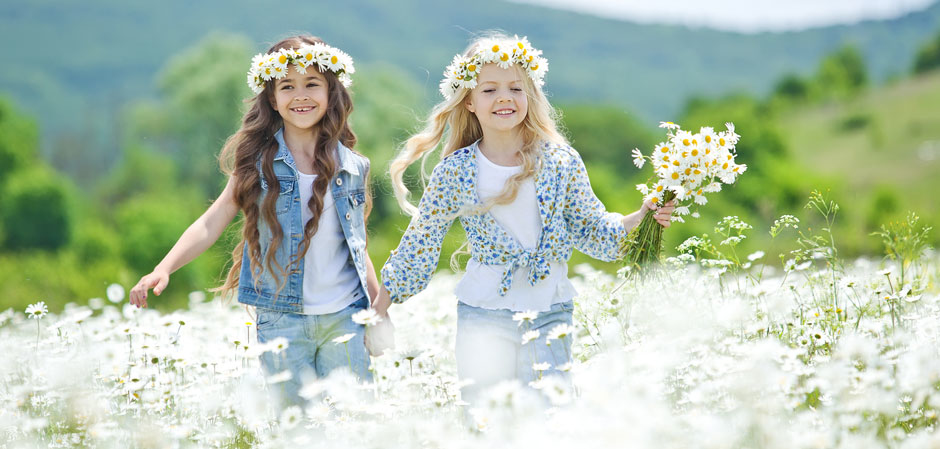
In the field of fashion, consumers are accustomed to synthetics and attach less importance to environmental principles, for example, the question of whether materials are organic and safe to use or whether their production harms the environment. Moreover, it is difficult for people to assess the origin of raw materials, methods of its processing and technological chains. Therefore, they rely more on brand guarantees and information from the media, perceiving products through the prism of famous names and learning about projects from advertising campaigns.
Environmental initiatives, as a rule, come from well-known global fashion industry brands with a budget for promotion, the use of organic materials, the restructuring of technologies and the choice of responsible partners. It is more difficult for small companies and brands to focus on eco-products and a green image. And yet, despite the difficulties, we are gradually learning to live in a way that does not harm the environment and ourselves, and strive for an optimal balance between economy, nature, responsibility and technology.
Text: Elena Varnina
Photo: shutterstock


